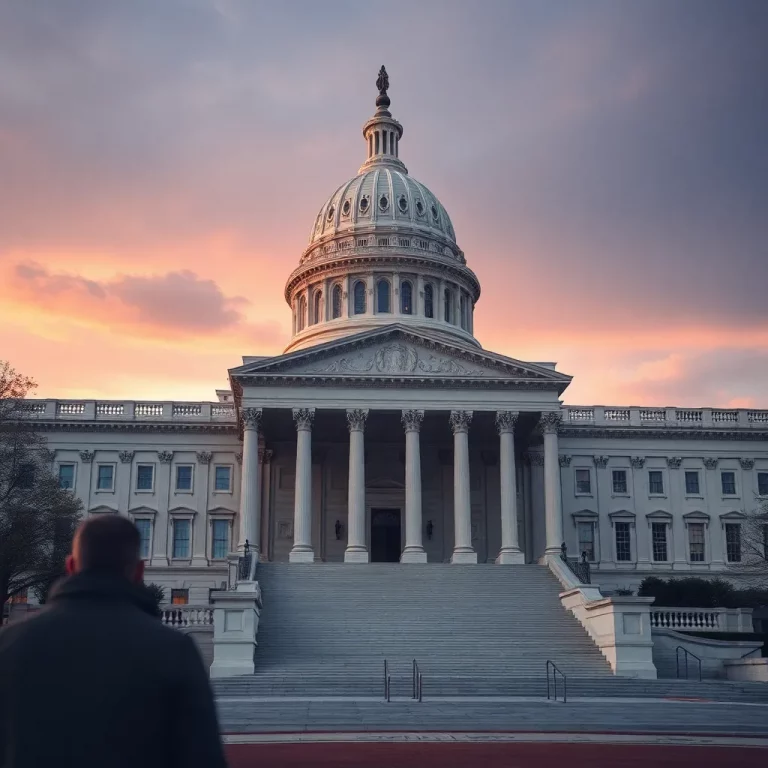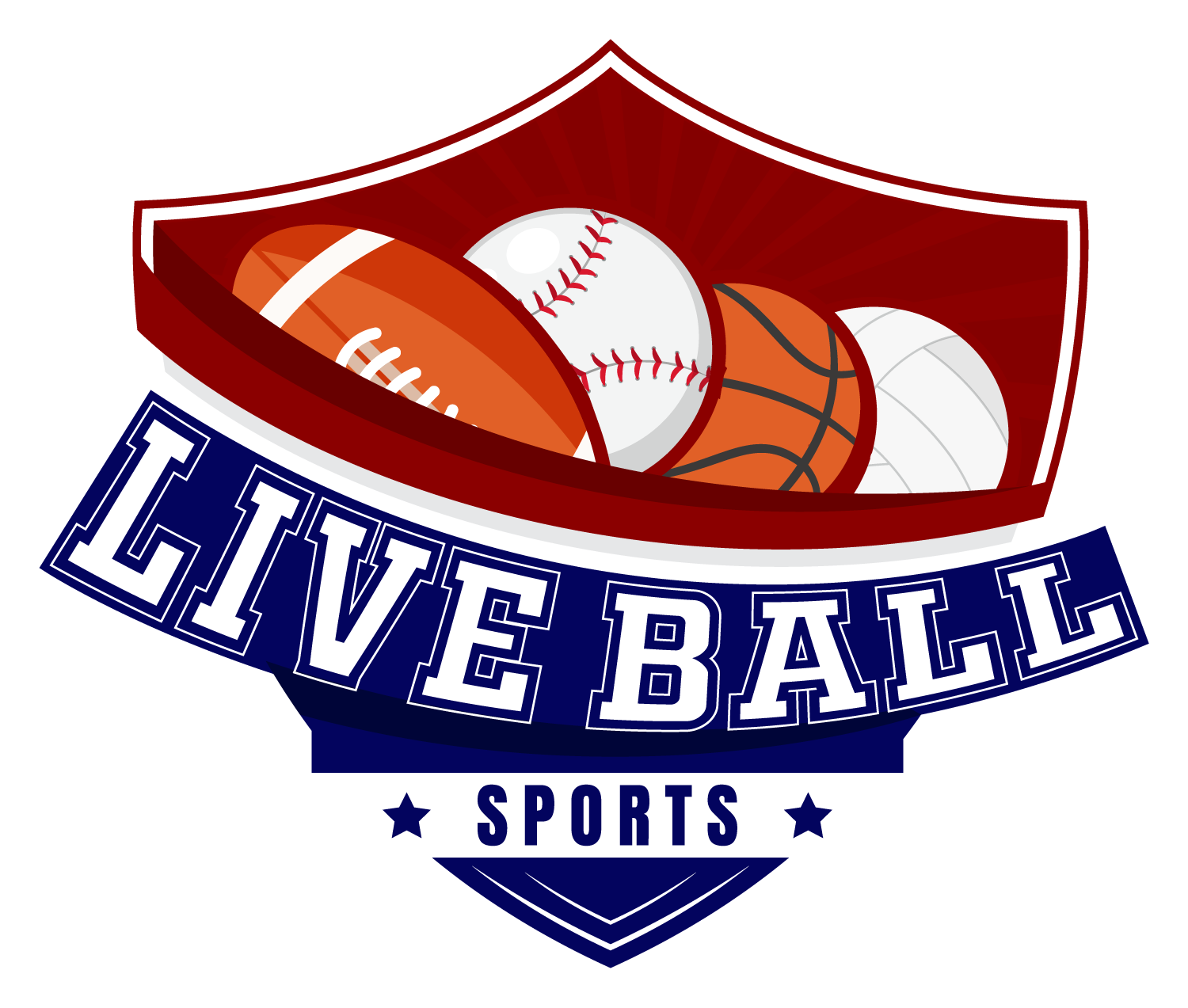In Washington, D.C., a significant step towards changing college sports was taken as a U.S. House committee debated legislation that could impact how student-athletes are paid. The proposed bill, known as the SCORE Act (Student Compensation and Opportunity through Rights and Endorsements), narrowly passed through the House Energy and Commerce Subcommittee by just one vote and is set to move forward to the full committee for further consideration.
The SCORE Act aims to establish national guidelines for athletes to receive compensation for their name, image, and likeness (NIL), a move that would standardize practices across the country. Currently, various states have different laws regarding this matter, leading to a complicated and inconsistent environment for student-athletes. According to Rep. Gus Bilirakis, the subcommittee chairman, “It is long past time that we take action to ensure that we have a sustainable future for college sports, especially for women’s sports and the Olympic sports.”
However, not everyone supports the SCORE Act. Rep. Frank Pallone Jr., a New Jersey Democrat, argued that the legislation provides insufficient protections for athletes and gives too much power to the NCAA. He emphasized that the bill lacks strong measures to guard against predatory practices, saying, “There is no enforcement mechanism… It doesn’t feel pro-player, to me.”
The House v. NCAA settlement, recently approved, permits schools to pay athletes up to $20.5 million annually, primarily benefiting players in lucrative sports like football and men’s basketball. The SCORE Act aligns with this settlement, making it clear that student-athletes are not considered university employees. The bill would allow them to hire agents and offers protections for their privacy and financial literacy.
Supporters of the bill, including Rep. Russell Fry from South Carolina, believe the bill is crucial for preserving the future of college sports. He noted that the legislation is designed to benefit athletes while also ensuring compliance with fair rules. Conversely, there is concern among Democrats that the bill might ultimately harm athletes. They argue that it could prevent them from fully advocating for their rights.
As the debate continues, various players’ associations across major sports leagues issued a statement urging Congress to reject the bill. They argue that granting the NCAA an antitrust exemption could harm the progress athletes have made in recent years. Meanwhile, the power conferences showed support for the SCORE Act, stating that without federal guidelines, student-athletes have been left to navigate a confusing landscape.
With this legislation making its way through Congress, the future of college athletics remains a hot topic, and its outcome could redefine how student-athletes are treated and compensated moving forward.



